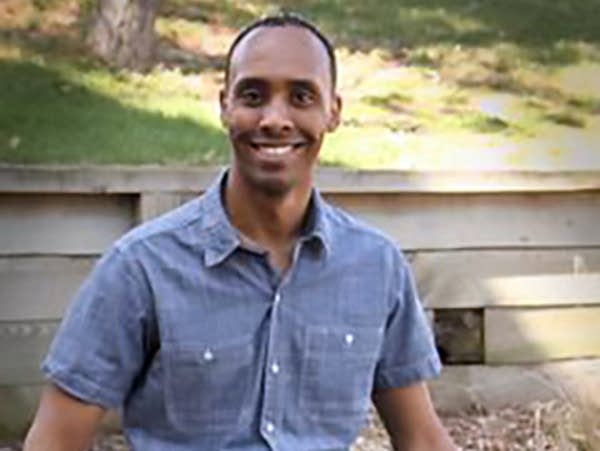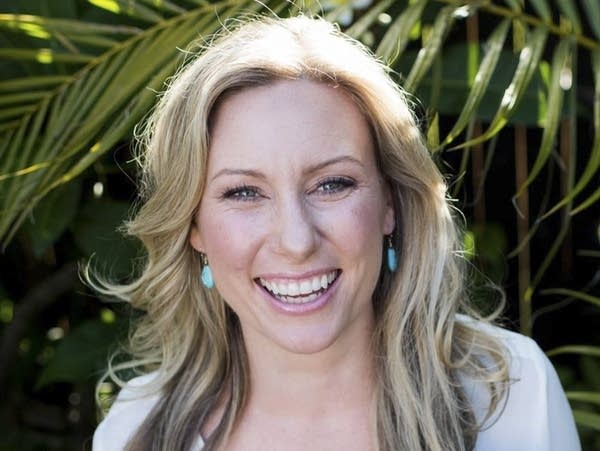Mpls. police shooting leads to more questions on body cameras

Go Deeper.
Create an account or log in to save stories.
Like this?
Thanks for liking this story! We have added it to a list of your favorite stories.
Minneapolis officers failed to turn on their body cameras in the first fatal police shooting since the city began equipping cops with the devices last year.
On Saturday night, officer Mohamed Noor and another officer responded to a call of a possible assault in south Minneapolis. Neither had their body camera on when Noor fired the shots that killed 911 caller Justine Ruszczyk. Noor's attorney confirmed his identity to MPR News.
Minneapolis police are required to turn on body cameras in more than a dozen situations — including traffic or suspicious-person stops, and prior to any use of force, according to the police department's Policy and Procedure Manual.

"If a BWC [body-worn camera] is not activated prior to a use of force, it shall be activated as soon as it is safe to do so," reads the manual.
Turn Up Your Support
MPR News helps you turn down the noise and build shared understanding. Turn up your support for this public resource and keep trusted journalism accessible to all.
There's still a lot about the lead up to the shooting that's unknown, said Jenny Singleton of the Police Conduct Oversight Commission, or PCOC. But it appears to her that the cameras should have been turned on.
"We do know there was a gun discharged, which obviously is a use of force incident," Singleton said.
The PCOC researched body cameras and provided recommendations in 2014.
The commission also conducted several community listening sessions. Many of the people who attended the sessions said they hoped the cameras would provide transparency and accountability for officers who use excessive force.
Those calls for transparency and accountability rose significantly after officer Dustin Schwarze shot and killed Jamar Clark in 2015.
Dave Bicking, with Communities United Against Police Brutality, is a former member of the city's Civilian Review Authority, now known as the Office of Police Conduct Review.
Bicking said he favored a policy in which there would be less officer discretion for when the cameras should be turned on and off.
With a few exceptions for the sake of privacy, he said, "there's no reason not to have them on as basically the default."

The American Civil Liberties Union was cautiously supportive of the body camera roll out. While the organization was concerned about privacy for people captured on police video, it expressed hope that cameras would increase transparency and reduce incidence of police violence.
However, the lack of video may affect what will happen to the officers involved.
The state Bureau of Criminal Apprehension is investigating, and it will eventually turn over its findings to the Hennepin County Attorney's Office.
Hennepin County Attorney Mike Freeman said while he doesn't have any more information than what's been publicized, he feels the officers should have started recording the interaction.
"At this time, it's our understanding that there is no video or audio evidence, but that's only what we've been told," said Freeman. "The investigation is in its early stages. I hope there is."
Freeman added that video and audio evidence makes his decision easier because it will present "more concrete evidence."
Freeman will decide whether Noor and his partner will face criminal charges. It is not clear from the Minneapolis police policy manual what kind of discipline the officers could face for failing to turn on their cameras.


